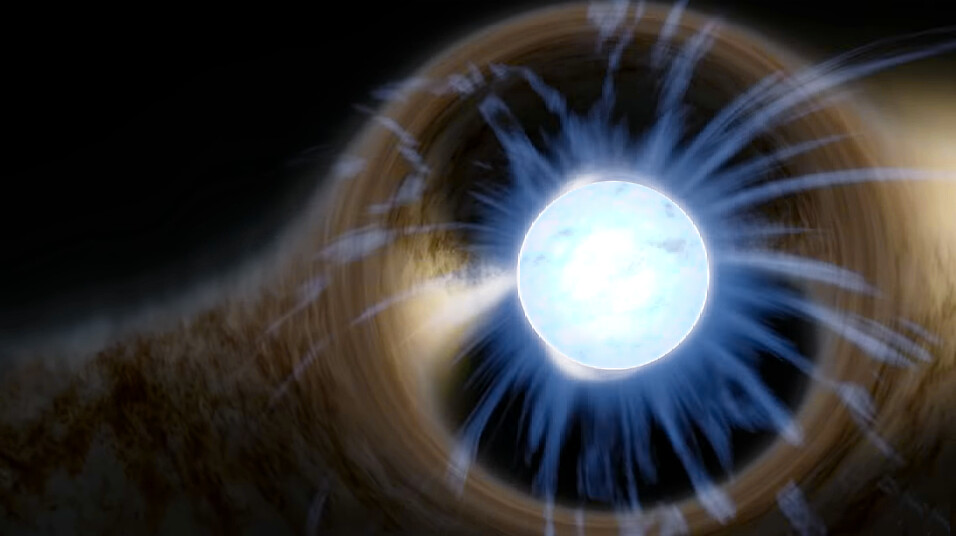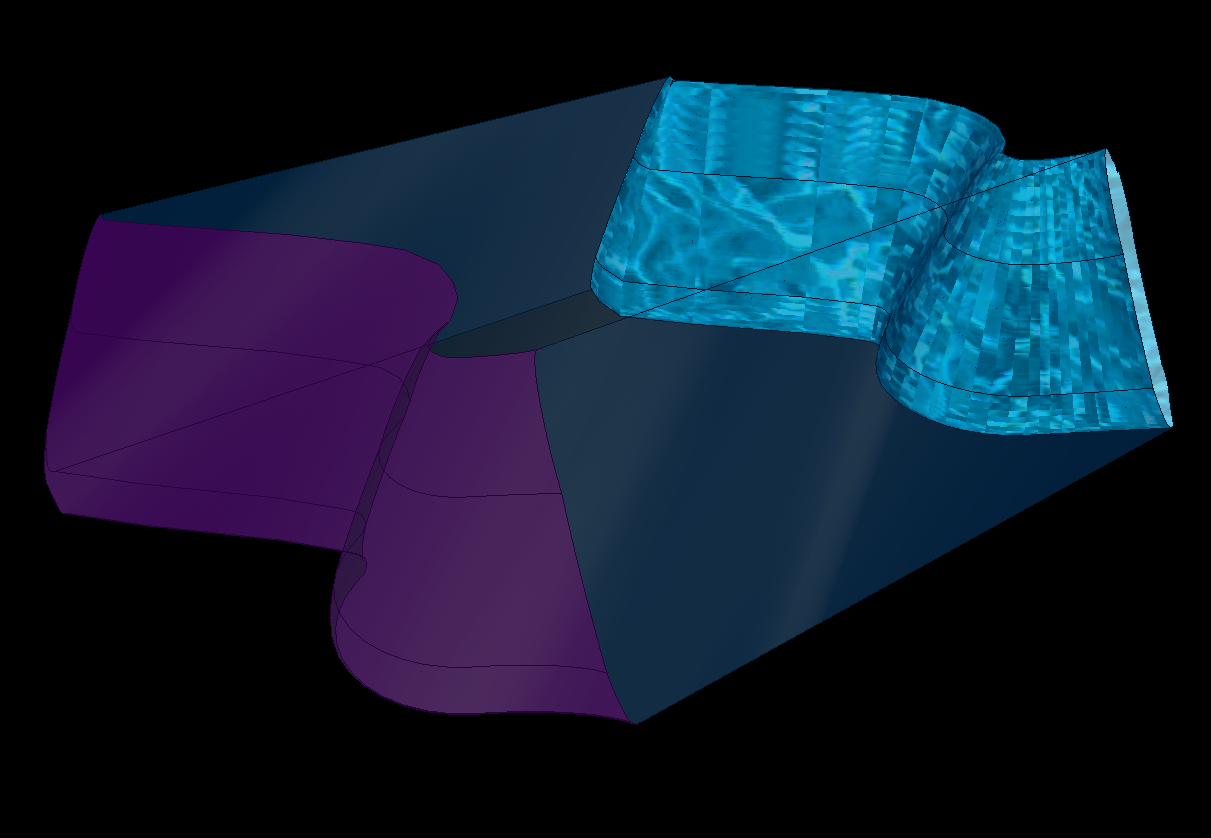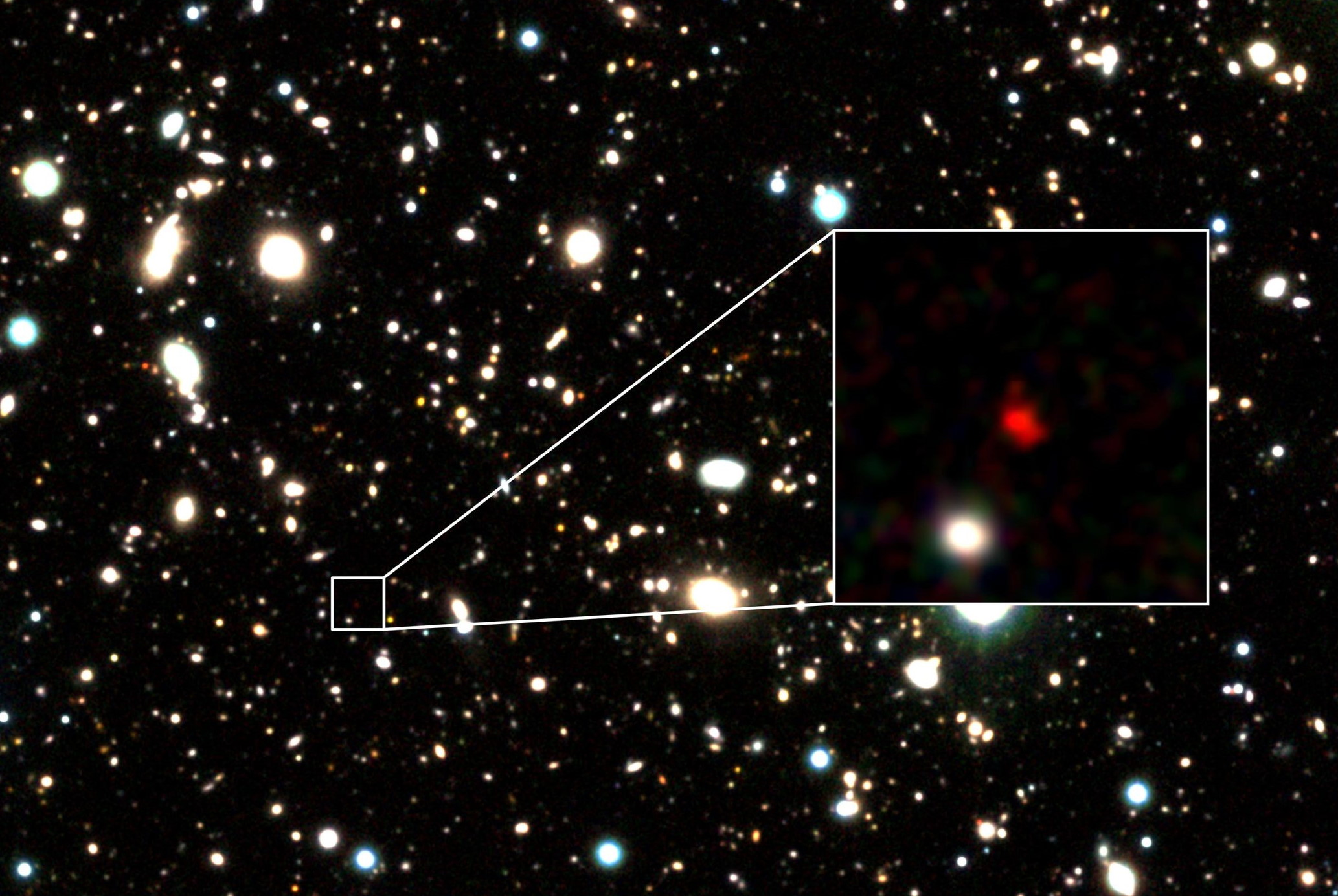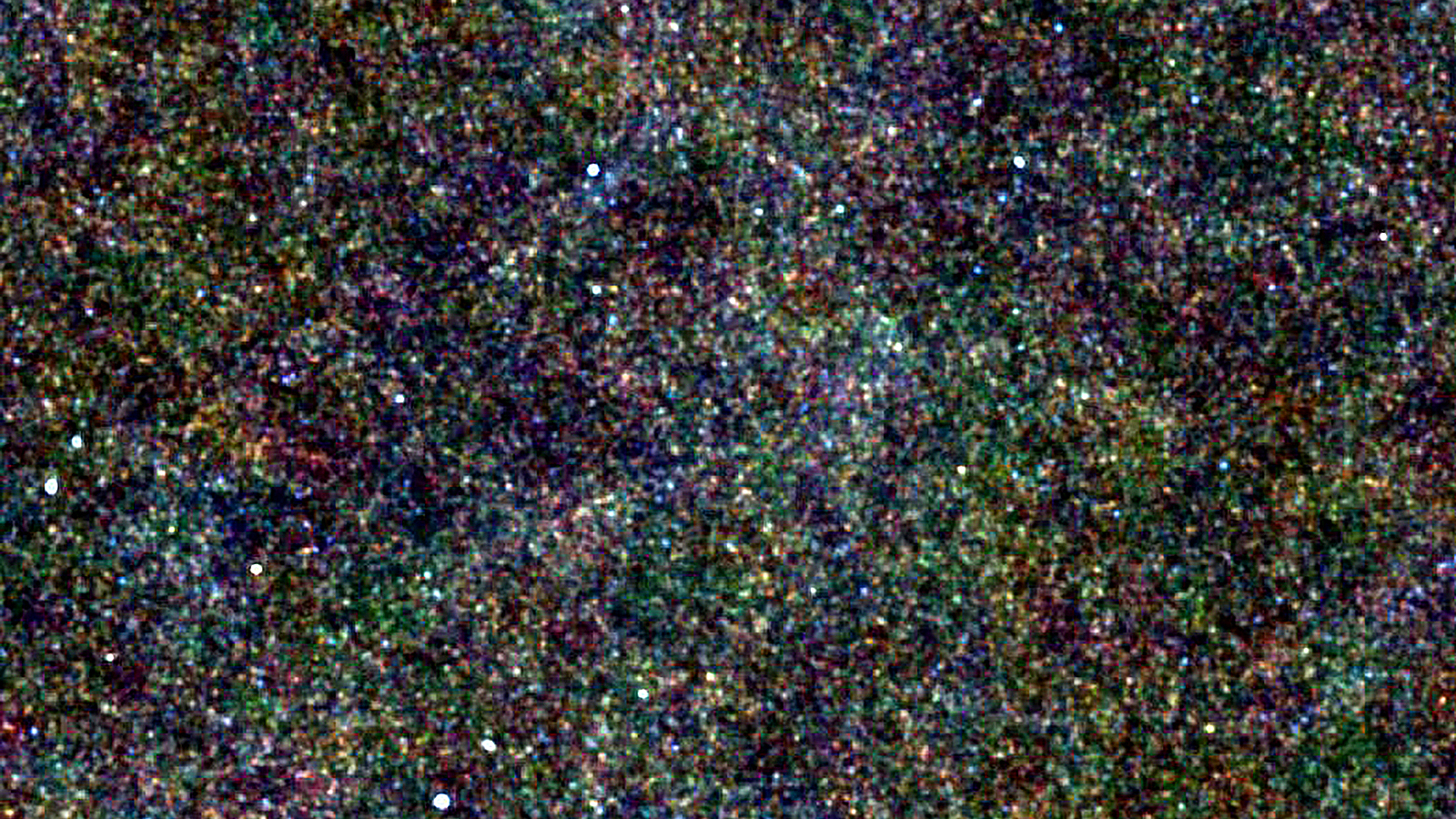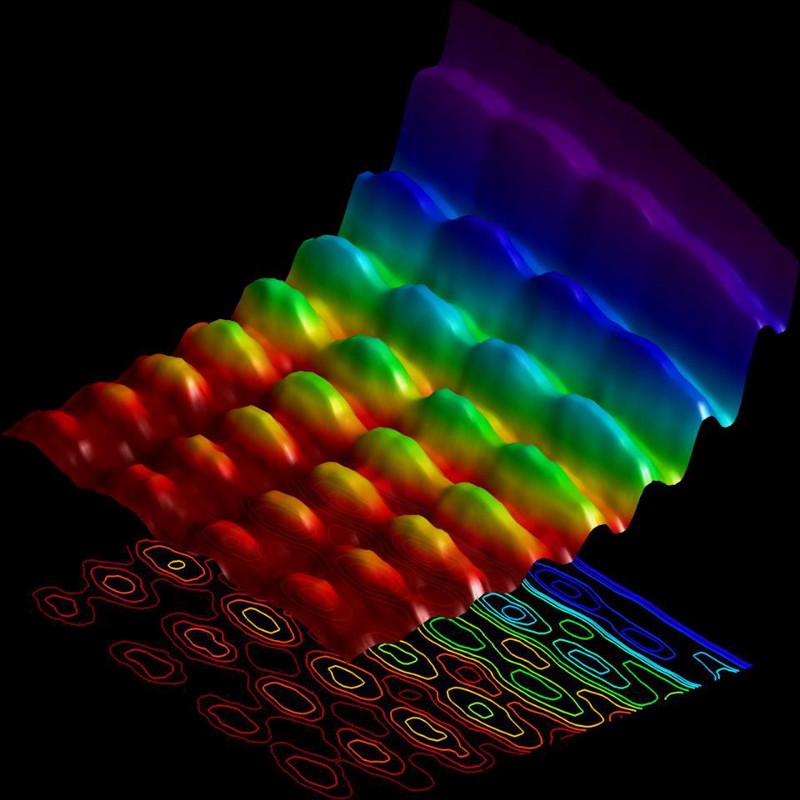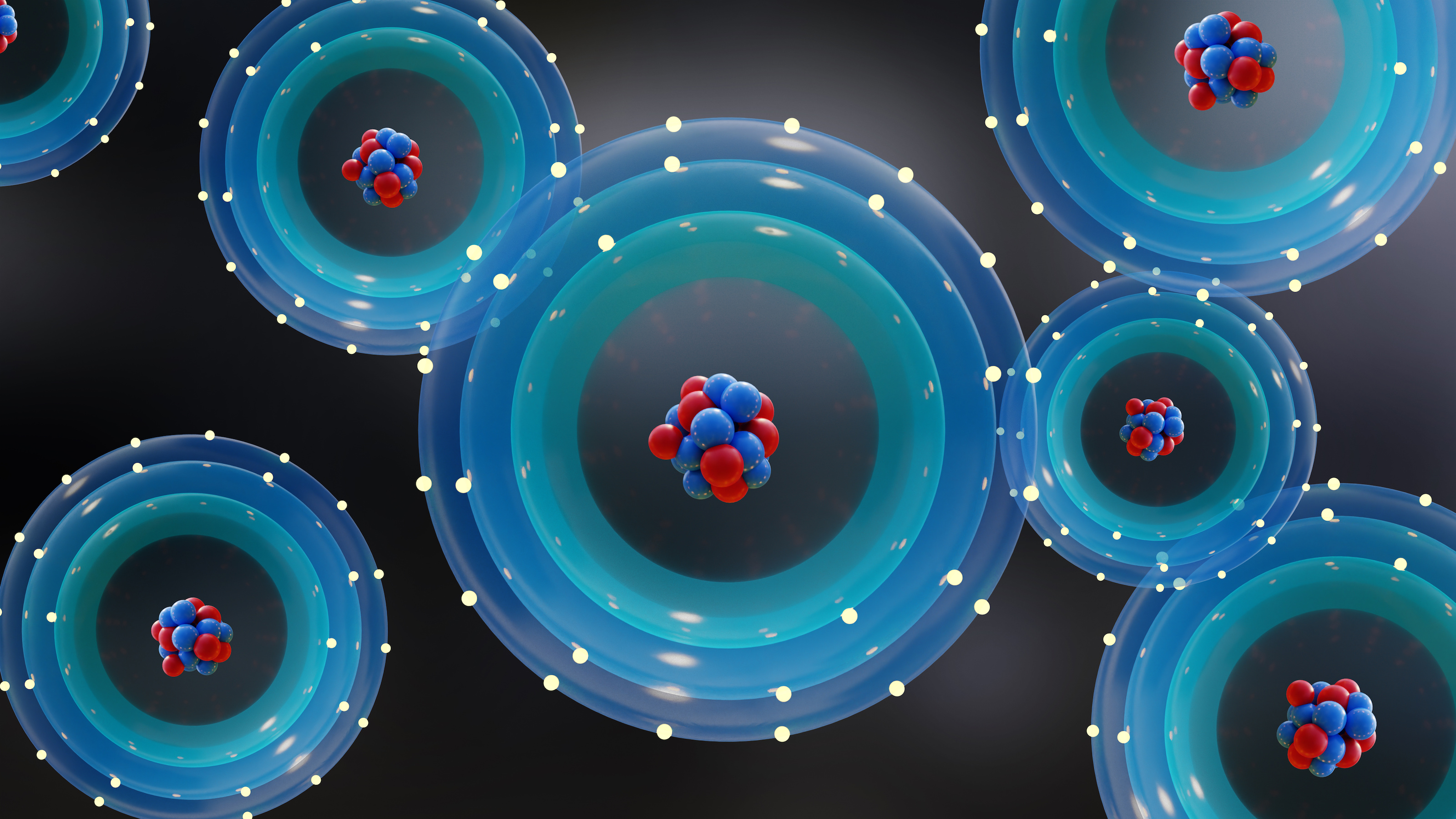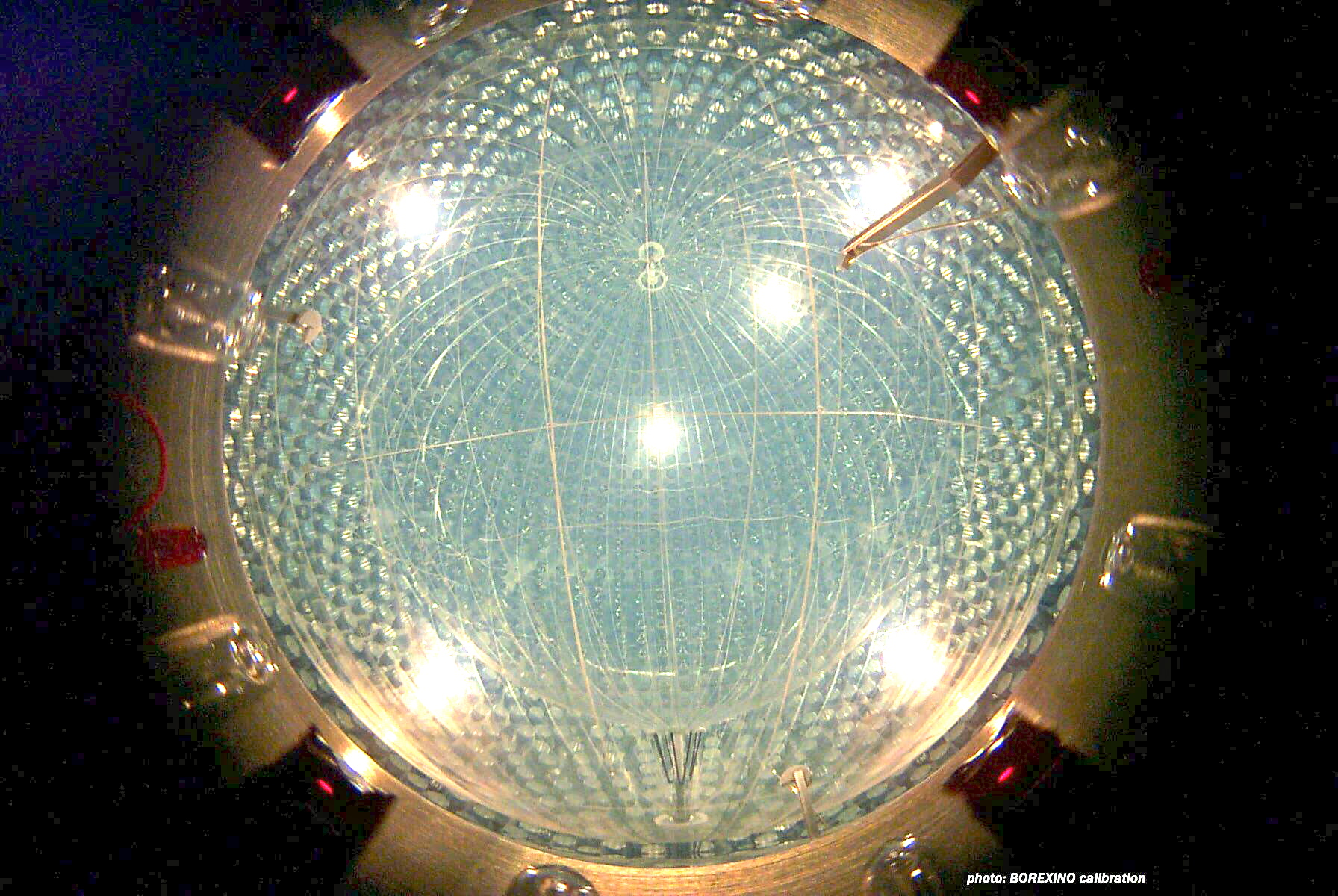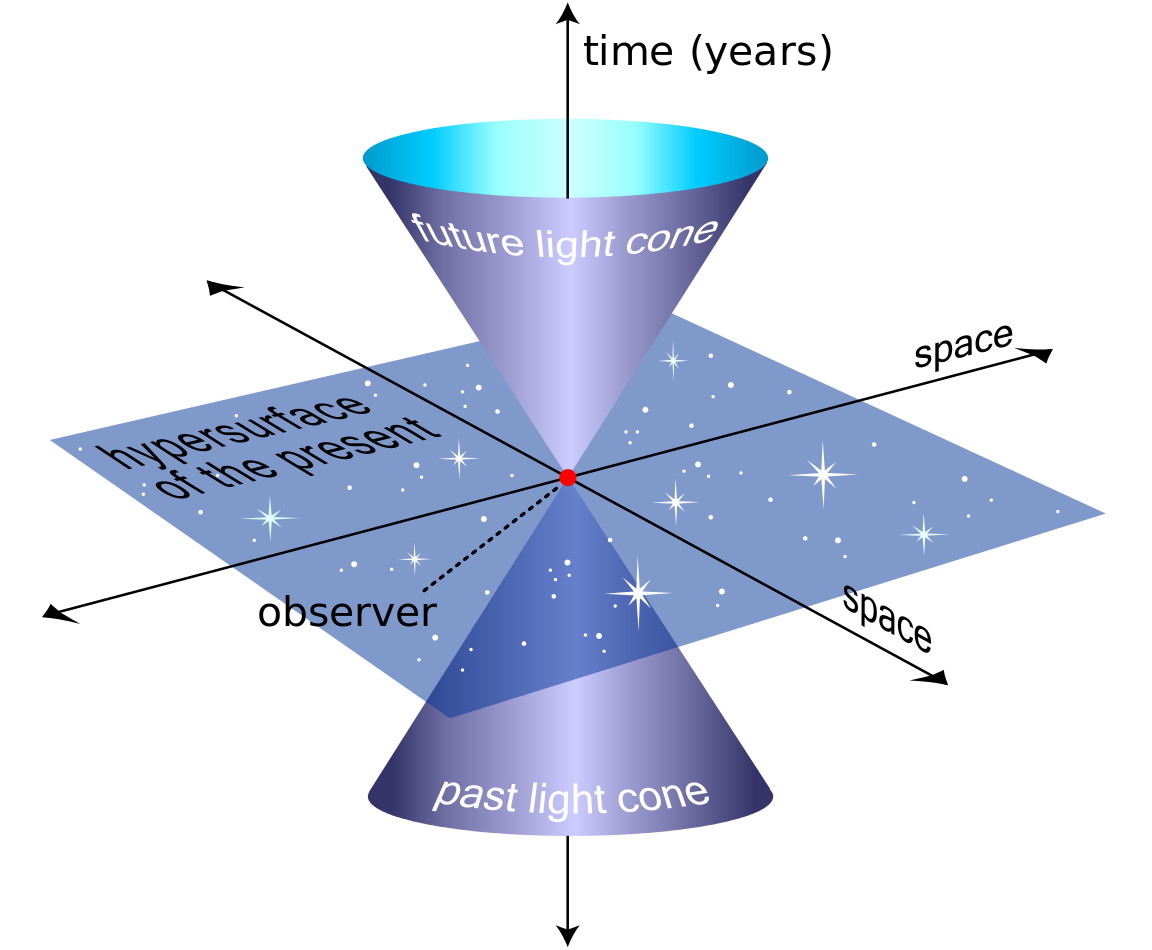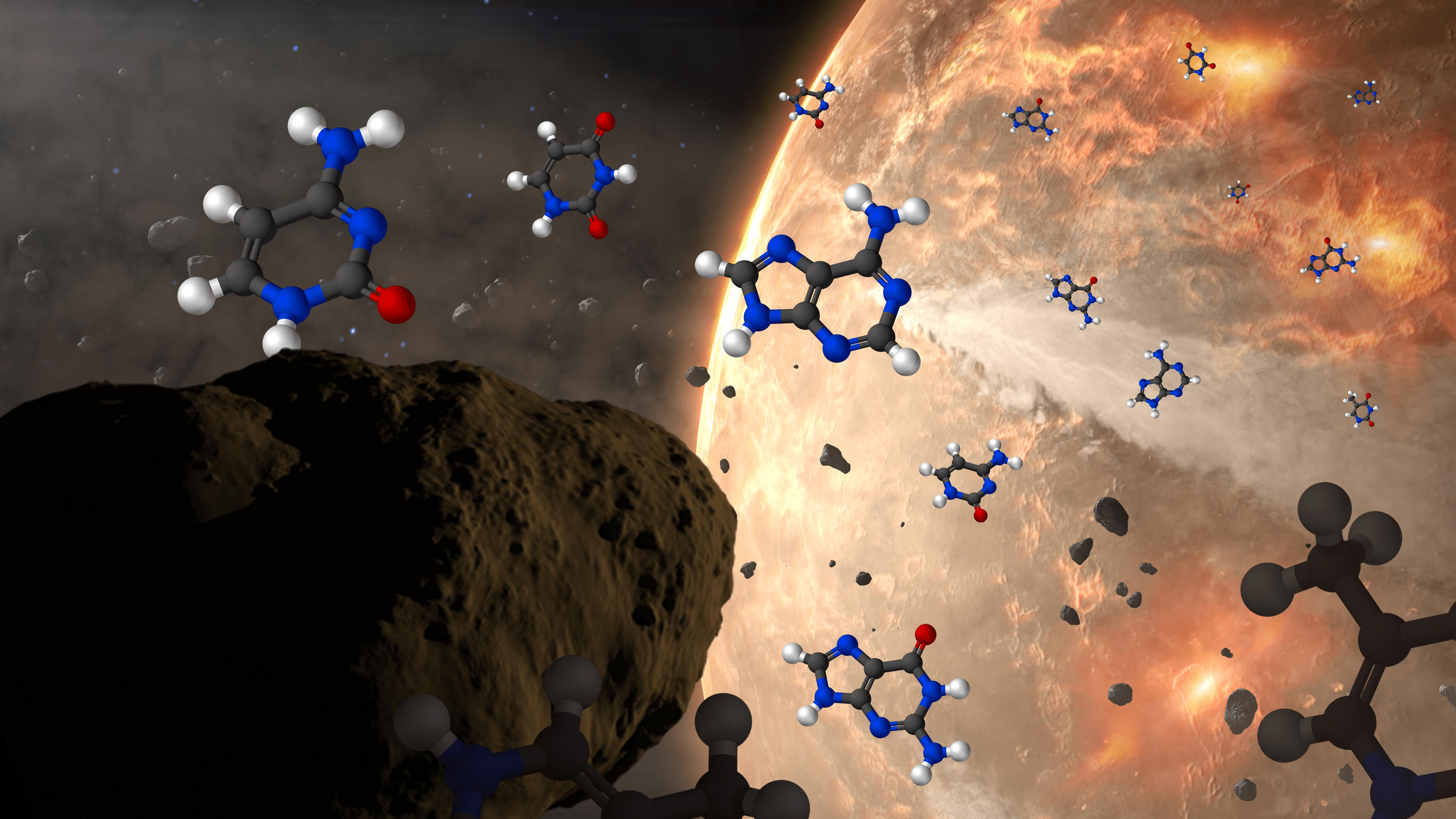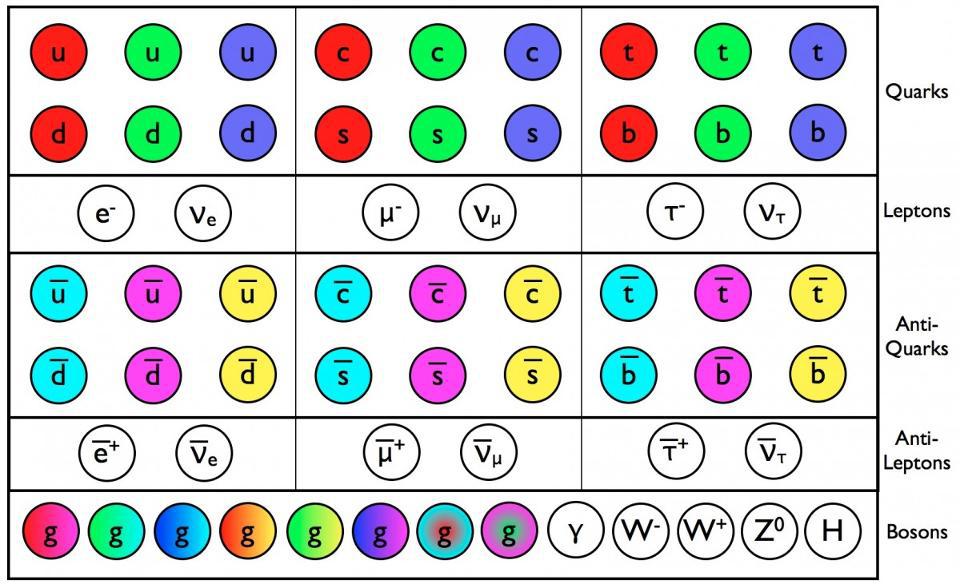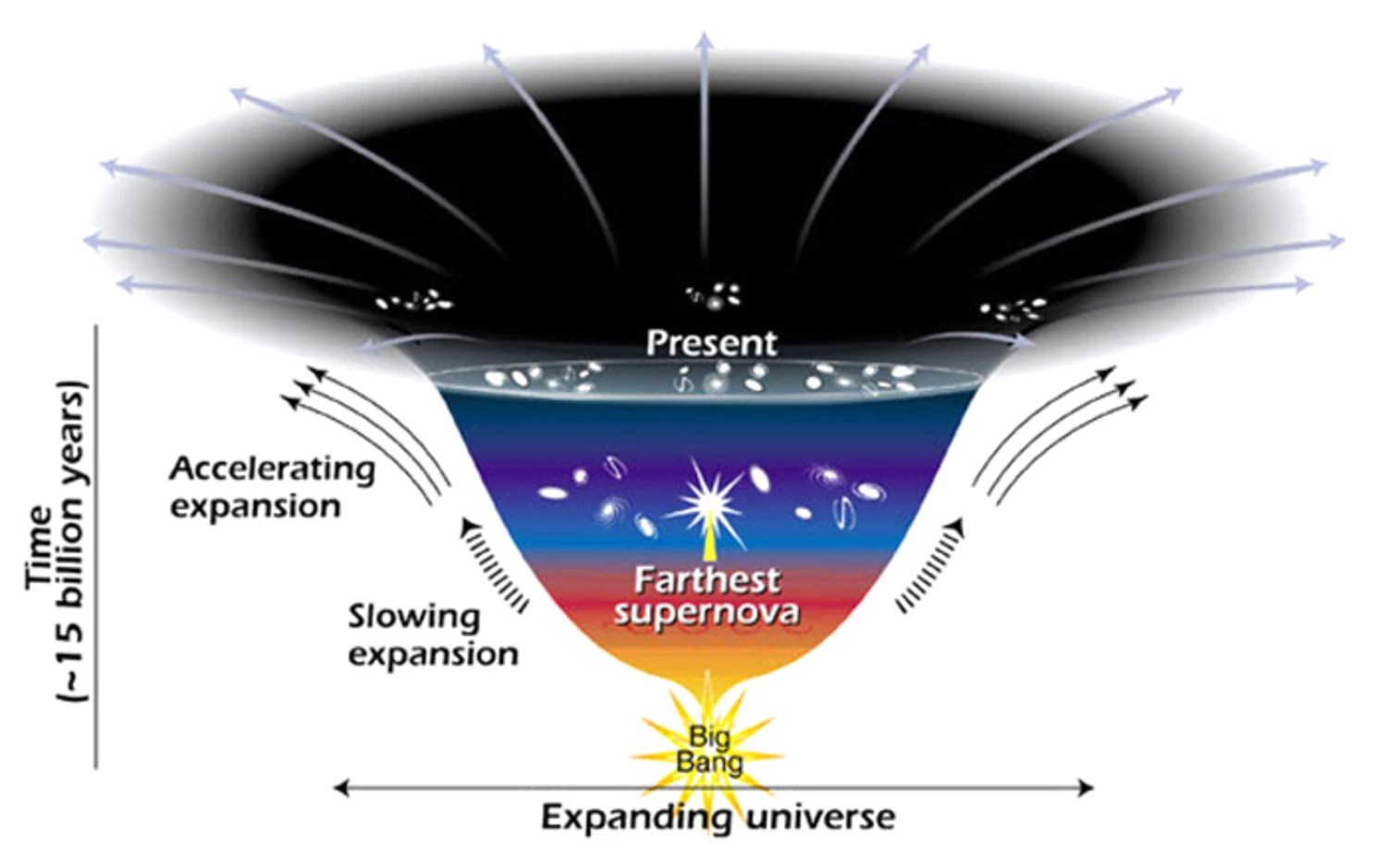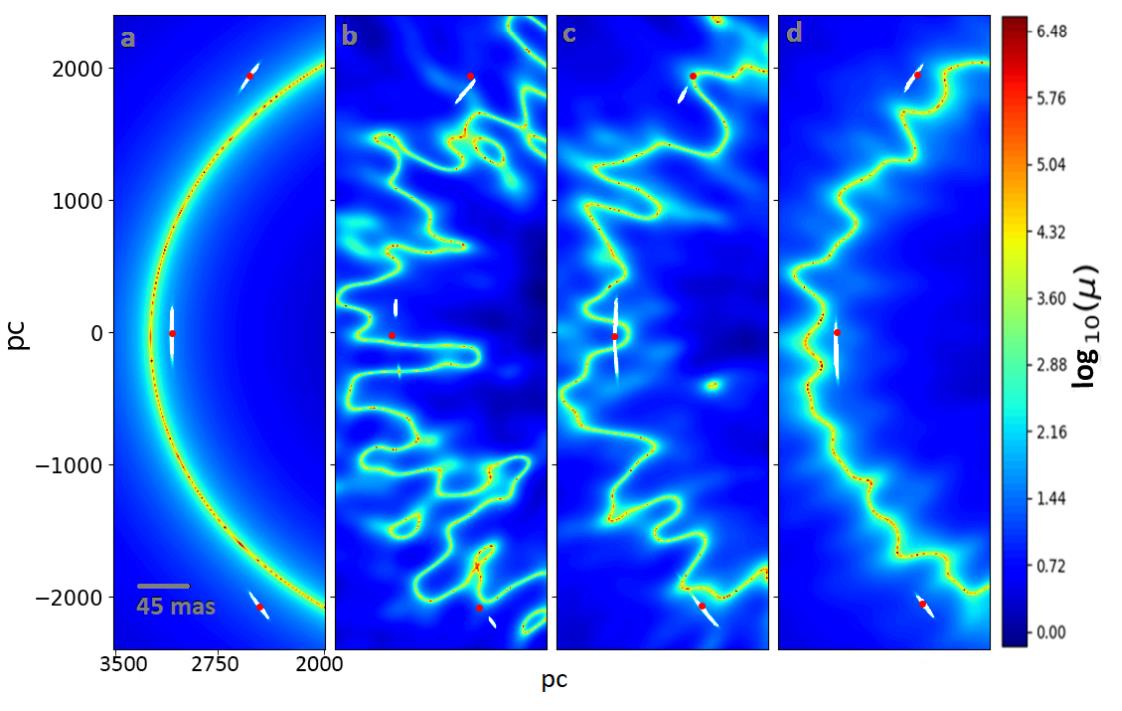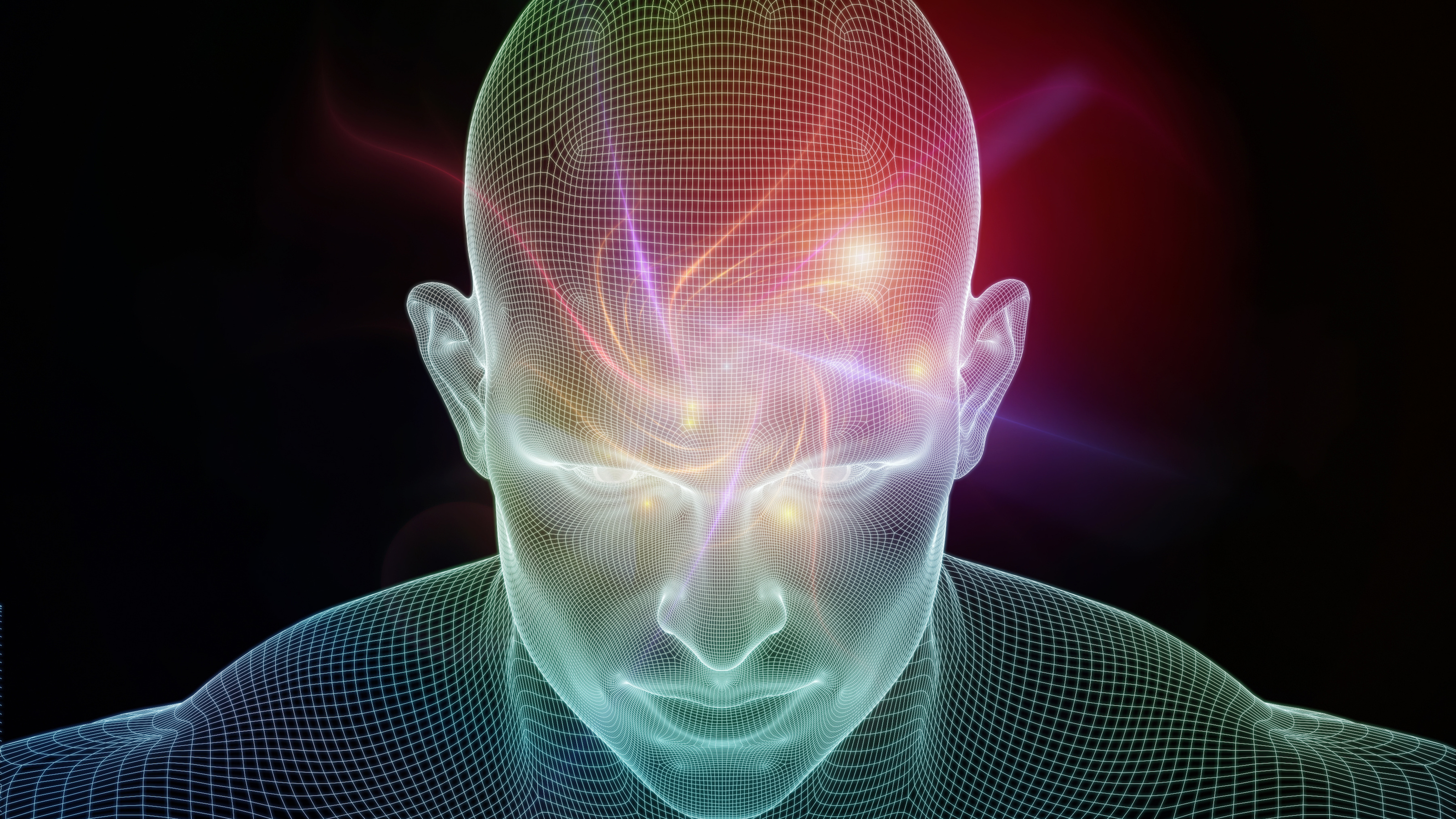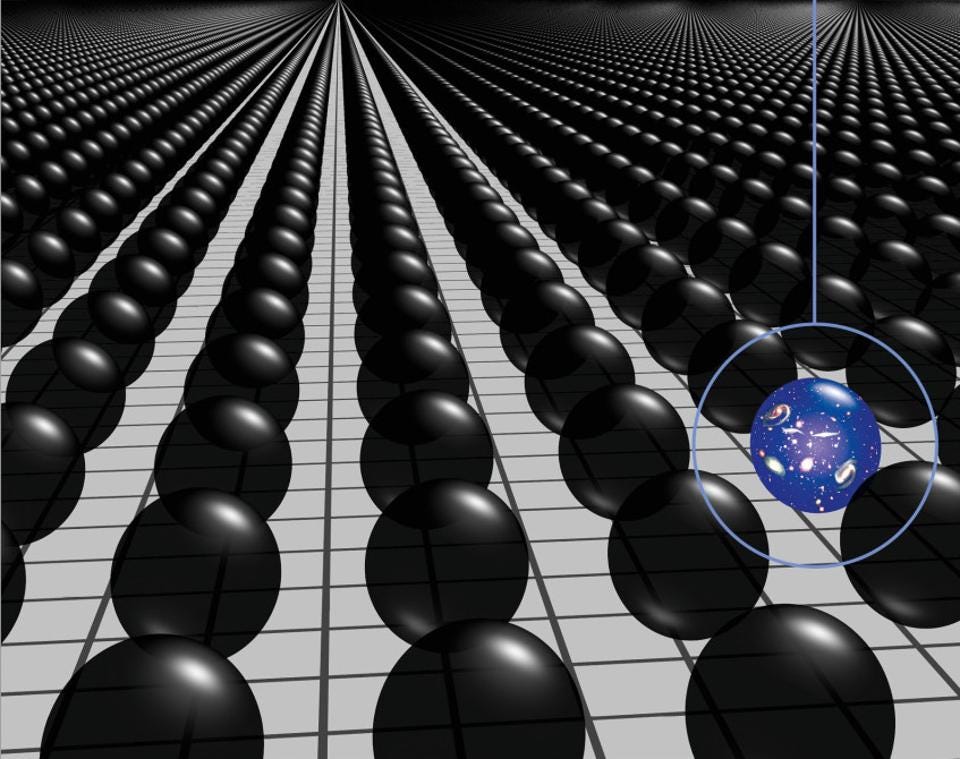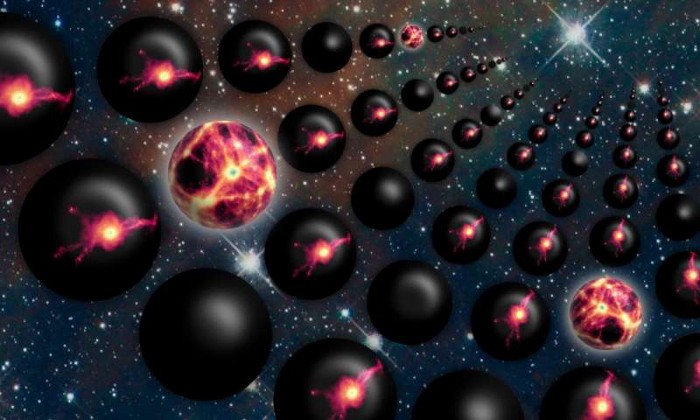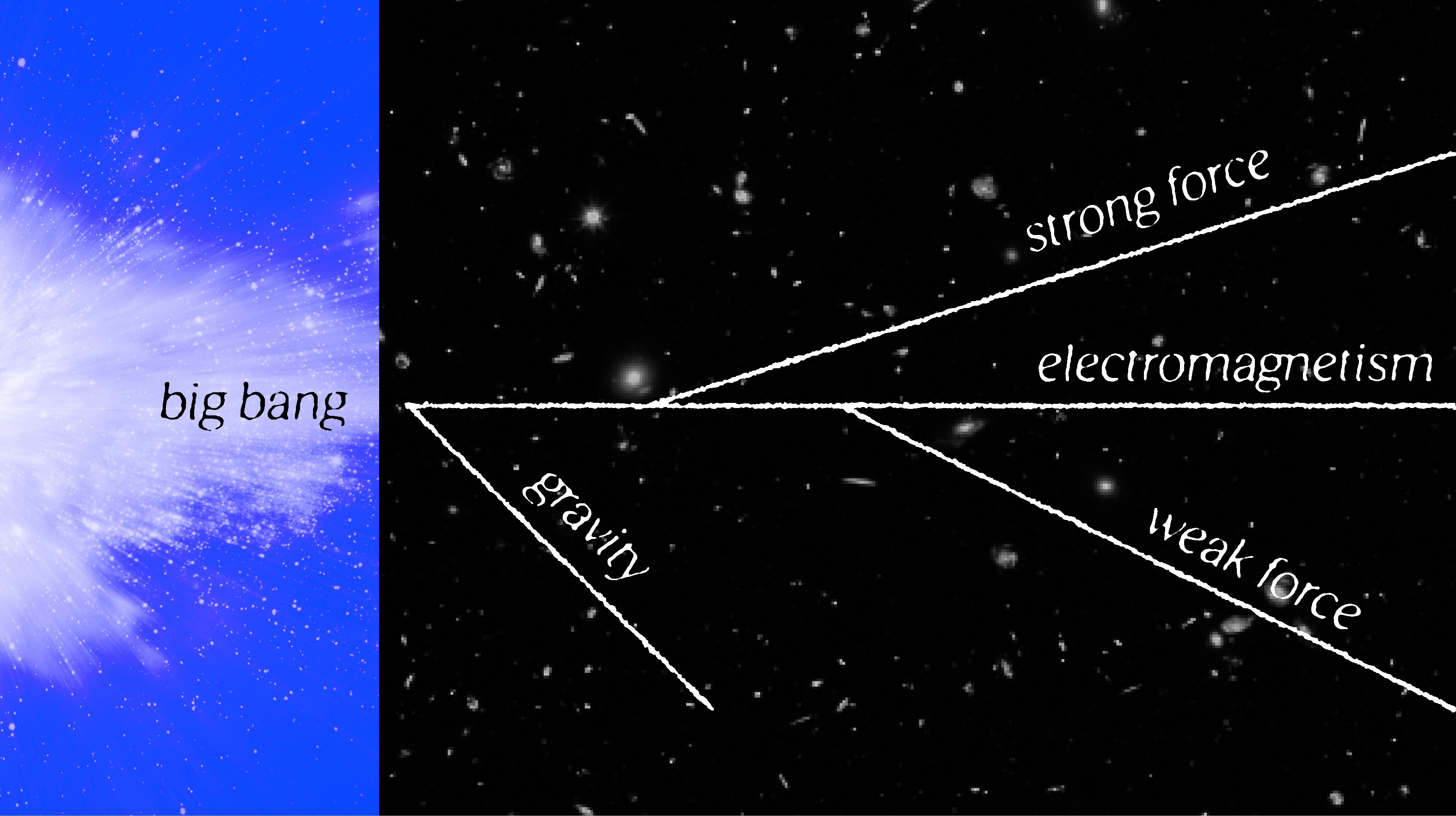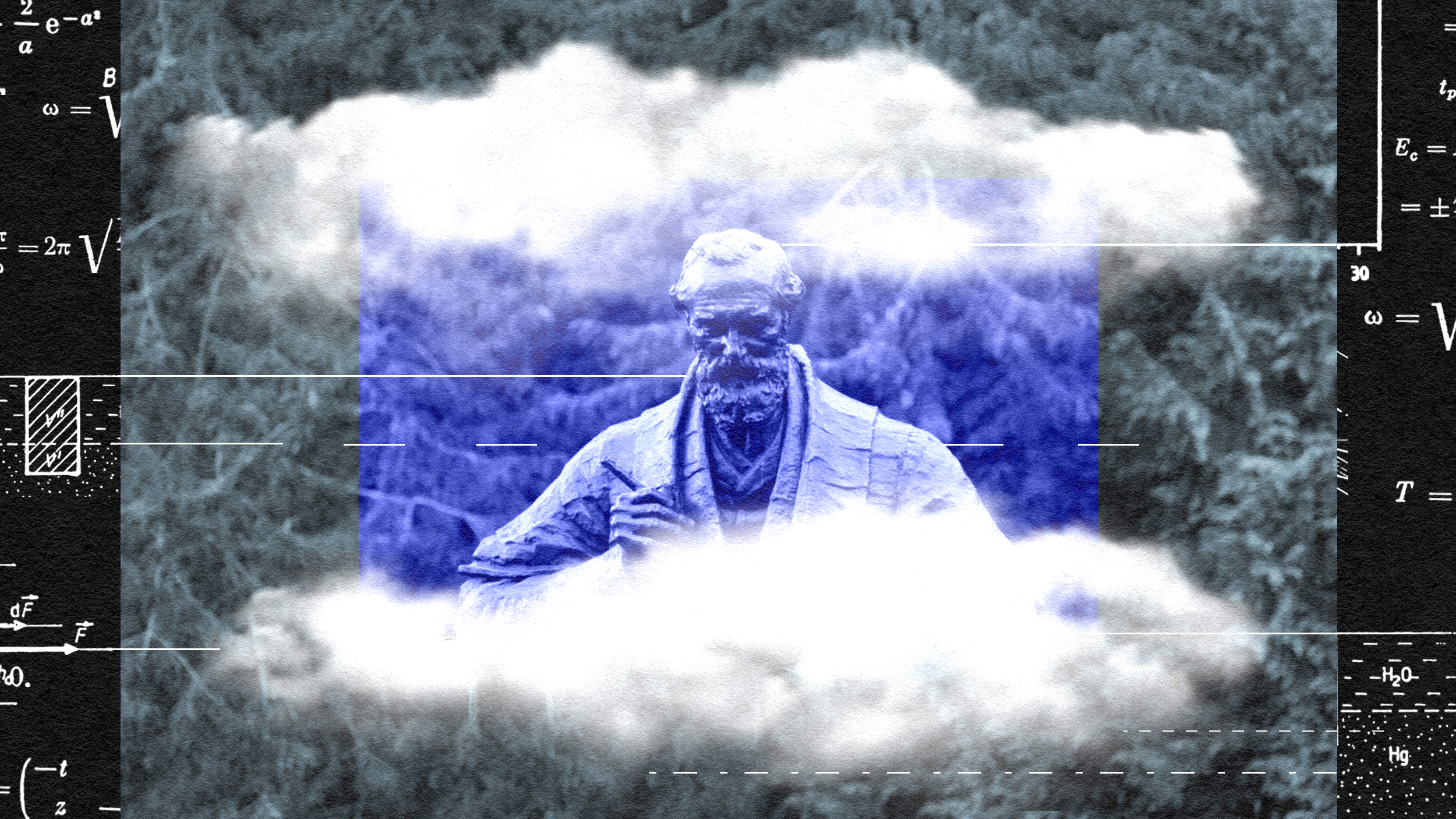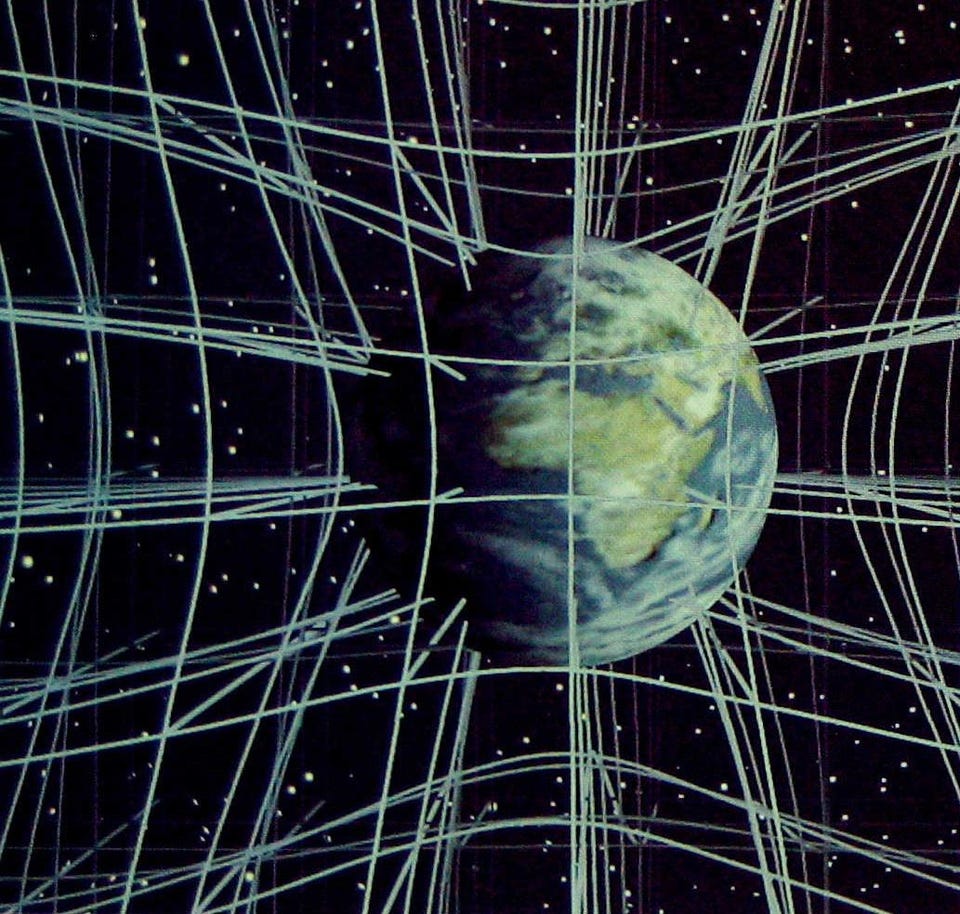We can reasonably say that we understand the history of the Universe within one-trillionth of a second after the Big Bang. That’s not good enough.
Search Results
You searched for: quantum
Neutrons can be stable when bound into an atomic nucleus, but free neutrons decay away in mere minutes. So how are neutron stars stable?
Three fundamental forces matter inside an atom, but gravity is mind-bogglingly weak on those scales. Could extra dimensions explain why?
We’ve fooled ourselves before with galaxies that look just like this one. The evidence we have simply isn’t strong enough.
No. But Buddhism and quantum mechanics have much to teach each other.
In physics, we reduce things to their elementary, fundamental components, and build emergent things out of them. That’s not the full story.
All the things that surround and compose us didn’t always exist. But describing their origin depends on what ‘nothing’ means.
Hidden variables aren’t ruled out, but they can’t get rid of quantum weirdness. Ever since the discovery of the bizarre behavior of quantum systems, we’ve been forced to reckon with […]
With a massive, charged nucleus orbited by tiny electrons, atoms are such simple objects. Miraculously, they make up everything we know.
Back during the hot Big Bang, it wasn’t just charged particles and photons that were created, but also neutrinos. Where are they now?
We take for granted that time is real. But what if it’s only an illusion, and a relative illusion at that? Does time even exist?
The transformational change driven by AI will elevate neurodiversity inclusion as an organizational asset, argues Maureen Dunne.
The secret sauce is the real world.
For some reason, when we talk about the age of stars, galaxies, and the Universe, we use “years” to measure time. Can we do better?
When the Universe was first born, the ingredients necessary for life were nowhere to be found. Only our “lucky stars” enabled our existence.
The Standard Model of elementary particles has three nearly identical copies of particles: generations. And nobody knows why.
Chemical energy, where electrons transition in atoms, powers the reactions we see. But two other types hold more promise than all the rest.
All forms of energy affect the expanding Universe. But if matter and radiation slow the expansion down, how does dark energy speed it up?
The best evidence for dark matter is astrophysical and indirect. Do new lensing observations point to ultra-light, wave-like dark matter?
New studies stretch the boundaries of physics, achieving quantum entanglement in larger systems.
At a fundamental level, only a few particles and forces govern all of reality. How do their combinations create human consciousness?
Who — or what — really controls your mind?
Science and philosophy seem to be separate fields, but philosophical advancements have made the world more accepting of debate and unorthodox ideas.
A wild, compelling idea without a direct, practical test, the Multiverse is highly controversial. But its supporting pillars sure are stable.
The ANITA experiment found cosmic rays shooting out of Antarctica. One interpretation claims “parallel Universes,” but is that right?
If there are three neutrino species, all with different masses, then how is energy conserved when they oscillate from one flavor to another?
The problem of the electroweak horizon haunts the standard model of cosmology and beckons us to ask how deep a rethink the model may need.
We bake pies for Pi Day, so why not celebrate other mathematical achievements.
Lord Kelvin is thought to have said there was nothing new to discover in physics. His real view was the opposite.
The idea of gravitational redshift crossed Einstein’s mind years before General Relativity was complete. Here’s why it had to be there.

